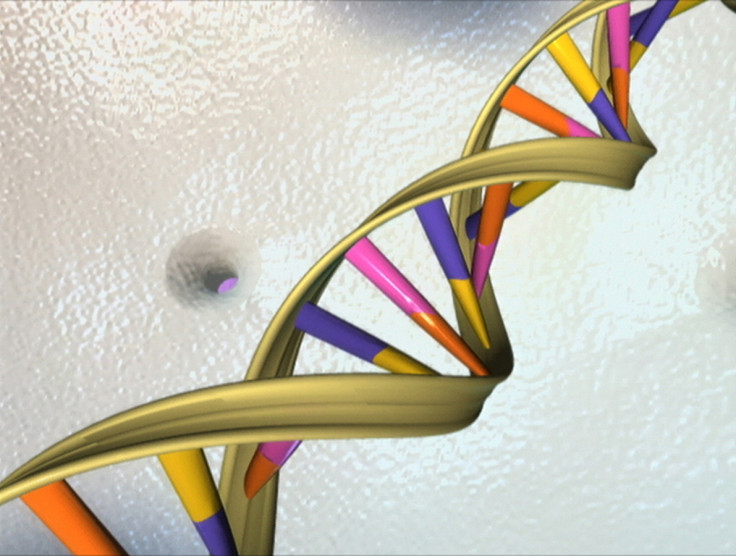Big pharma looking to DNA of 'superhumans' to develop blockbuster drugs

Genetic mutations that turn some people into "superhumans", who can walk away unflinching from stab wounds or keep bones intact after vehicle collisions, are the next frontier for drug makers.
The last such blockbuster drug was a cholesterol-lowering treatment from Sanofi and Regeneron Pharmaceuticals based on the rare gene mutation of an aerobics instructor with low cholesterol levels.
With the painkiller market worth almost £12bn ($18bn) a year, the industry is looking at reaping dividends from research into genetic irregularities.
Steven Pete who does not feel pain and Timothy Dreyer who can walk away from major vehicle accidents are genetic outliers whose genes could help develop drugs for pain control and osteoporosis, reports Bloomberg.
In Dreyer's case, by mimicking the effects of the genetic mutation, the firms hope to encourage bone growth against osteoporosis.
Dreyer, whose condition is called sclerosteosis, lacks a protein that controls bone growth. A drug that can block the protein in patients with osteoporosis is what drugmakers like Amgen sought.
After three and half years of research, Amgen identified an antibody to inhibit the protein.
This was tested on mice aboard Nasa's Atlantis shuttle. Mice that got the drug, romosozumab, gained bone density when tested after 13 days, while the control group's bones weakened.
Two human trials have also been done since 2006. Two final-stage trials will deliver results in early 2016.
The drug can fetch Amgen $1bn to $2bn in sales per year, says Cowen Group analyst Eric Schmidt.
Painkillers being developed
By tracking families with the pain-free syndrome and identifying the gene responsible for regulating a sodium ion pathway, Xenon Pharmaceuticals, a small Canadian biotech, hopes to nail a new class of painkiller.
It is pitching in with Roche-owned Genentech for the development.
The promise of the pathway is to create a new class of painkiller that is neither addictive like opioids nor have side-effects like bleeding as with nonsteroidal anti-inflammatory drugs like ibuprofen.
The Genentech painkiller is still in the earliest stage of clinical trials.
Part of the deal would be the huge genetic datasets available with some firms.
Amgen bought an Icelandic biotechnology company, DeCode Genetics, purely for its massive database on more than half of Iceland's adult population.
Genentech is collaborating with a Silicon Valley startup 23andMe which is collecting genetic data from almost a million consumers by using their spit.
© Copyright IBTimes 2025. All rights reserved.





















